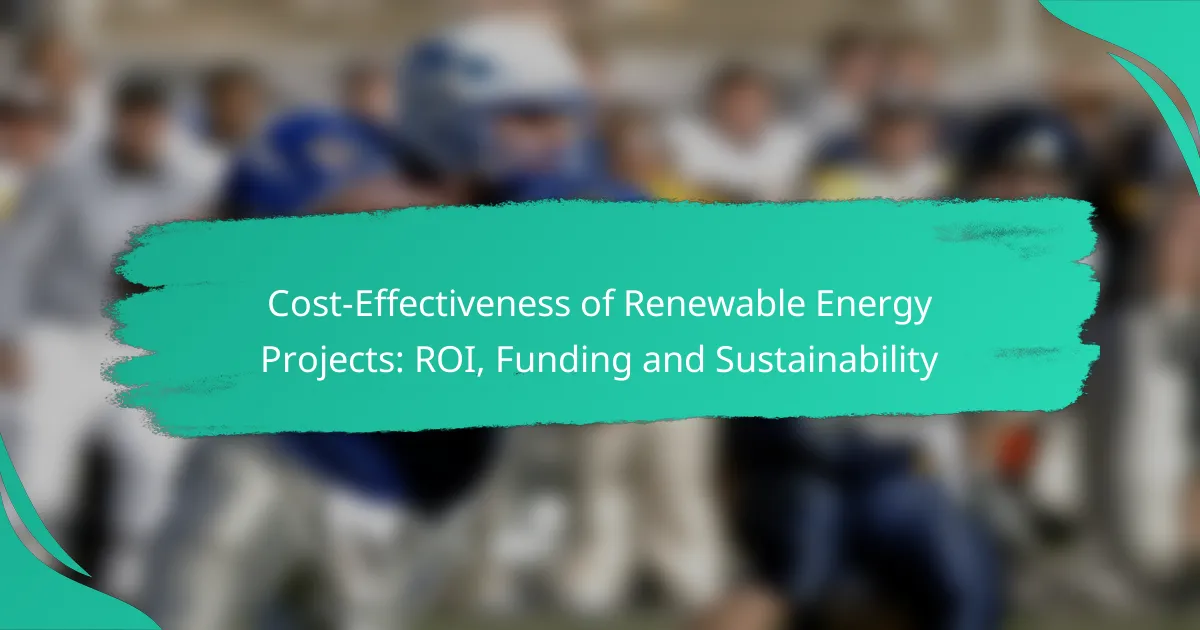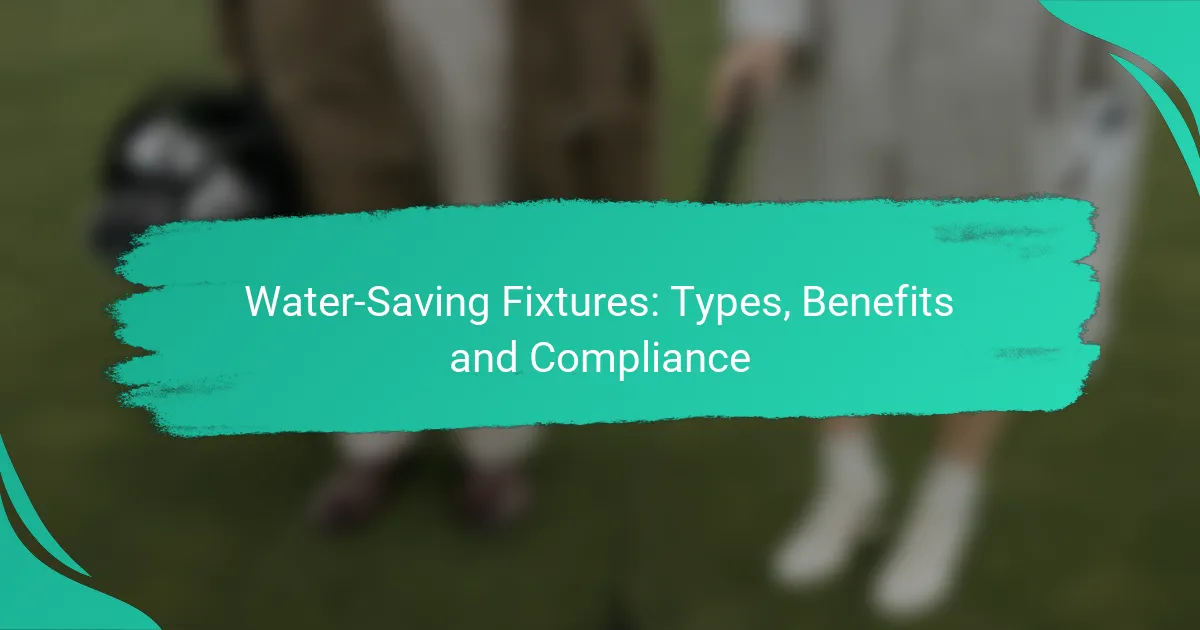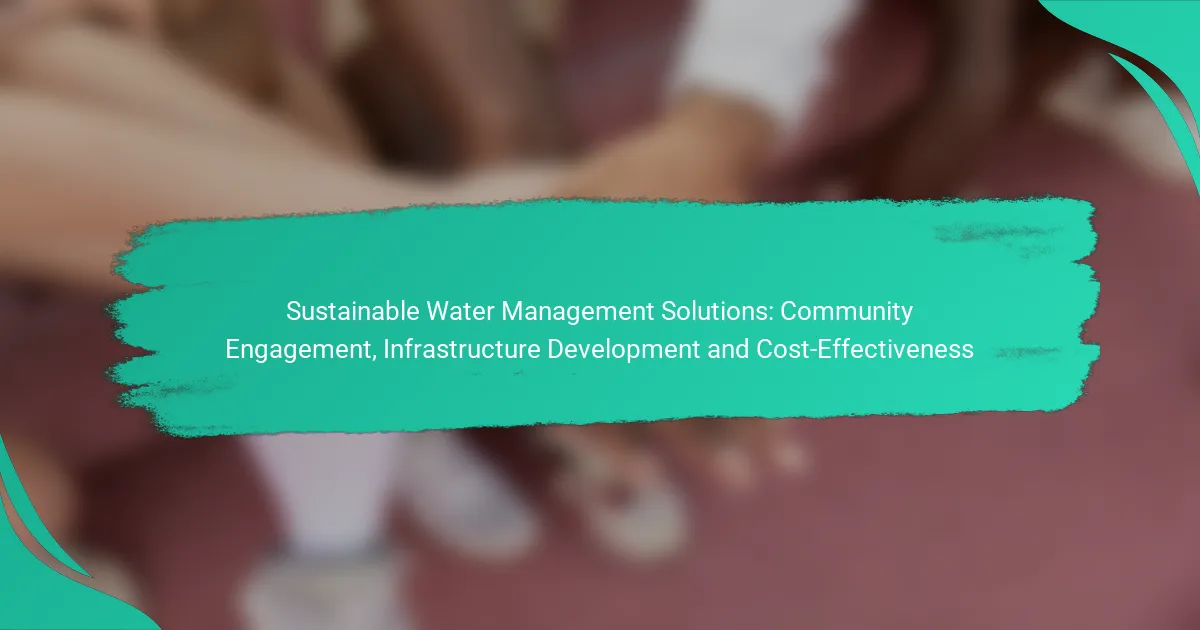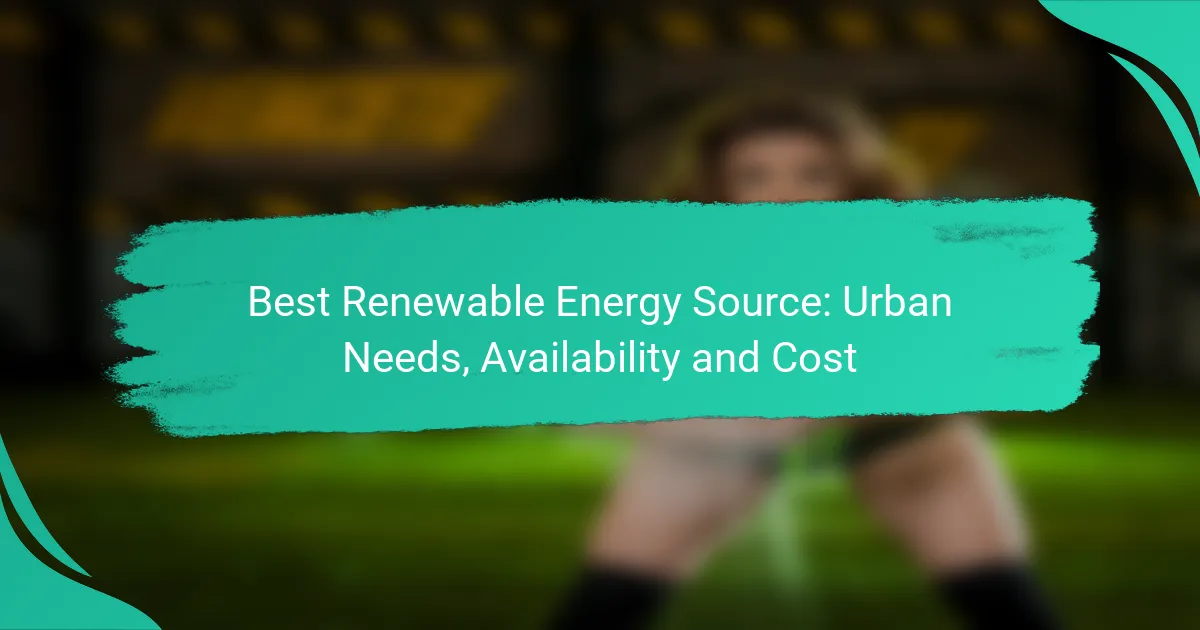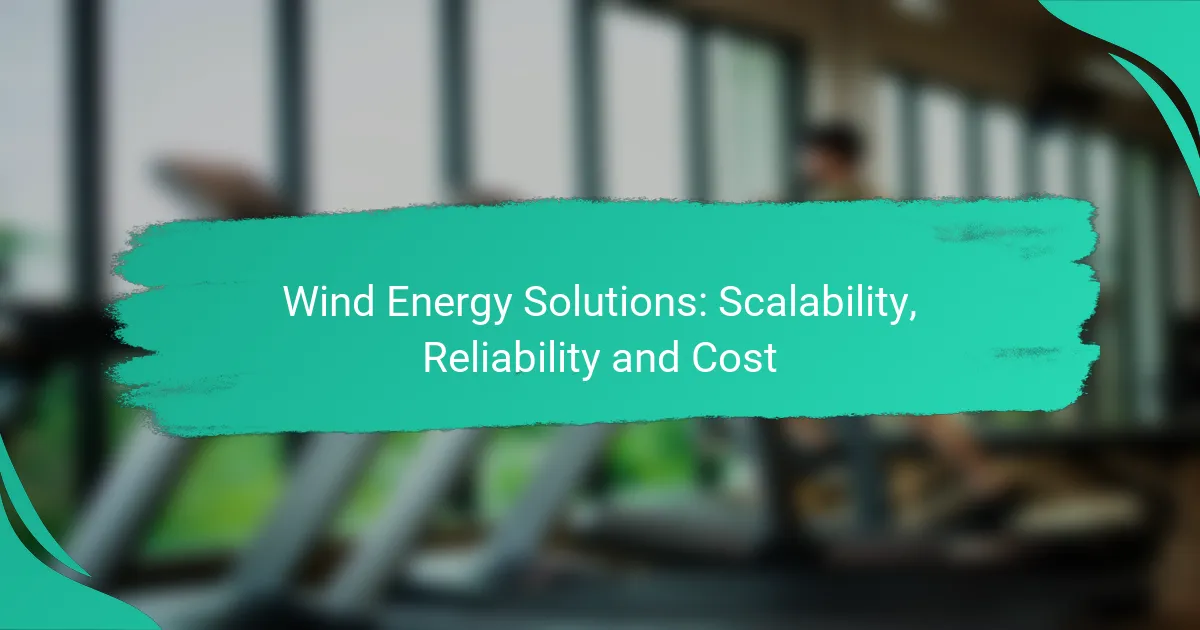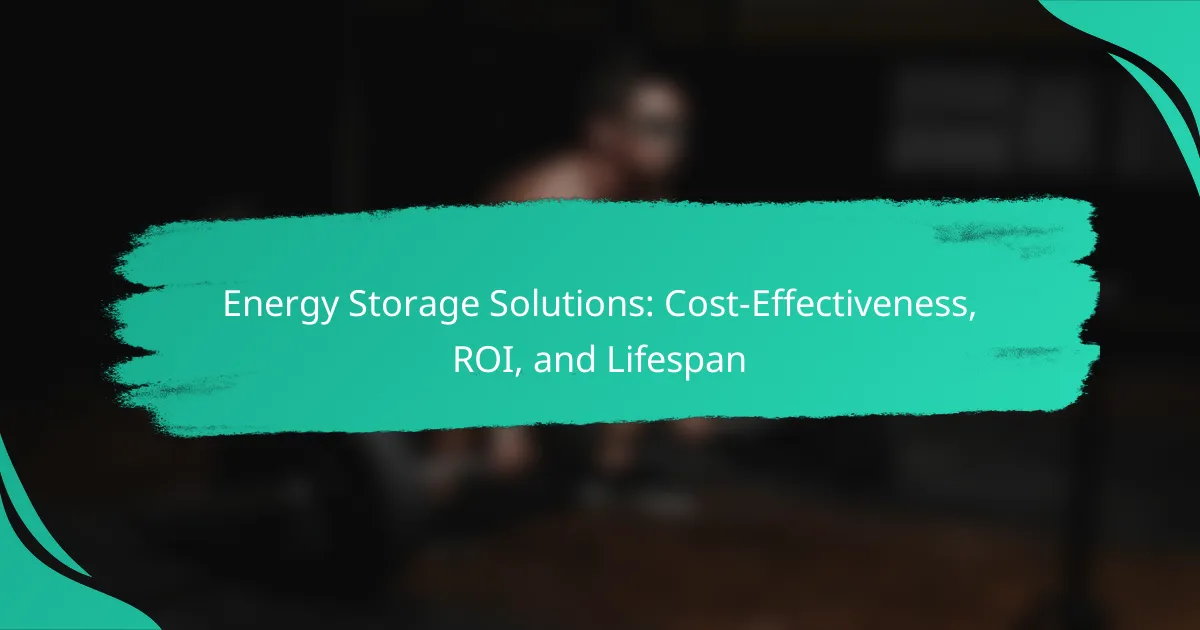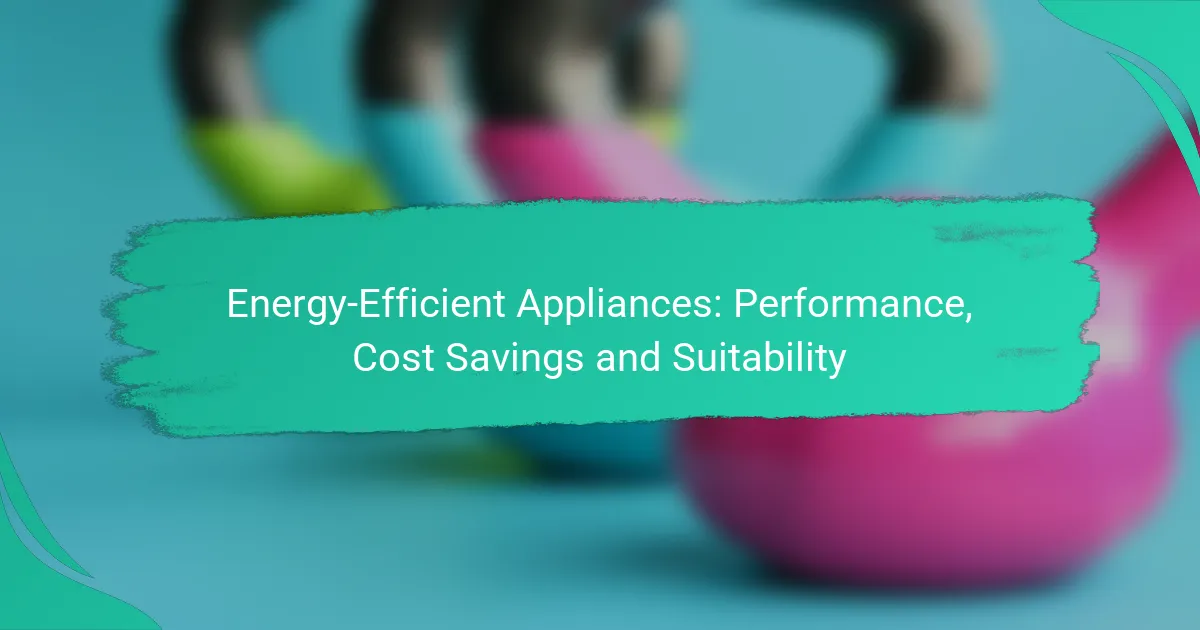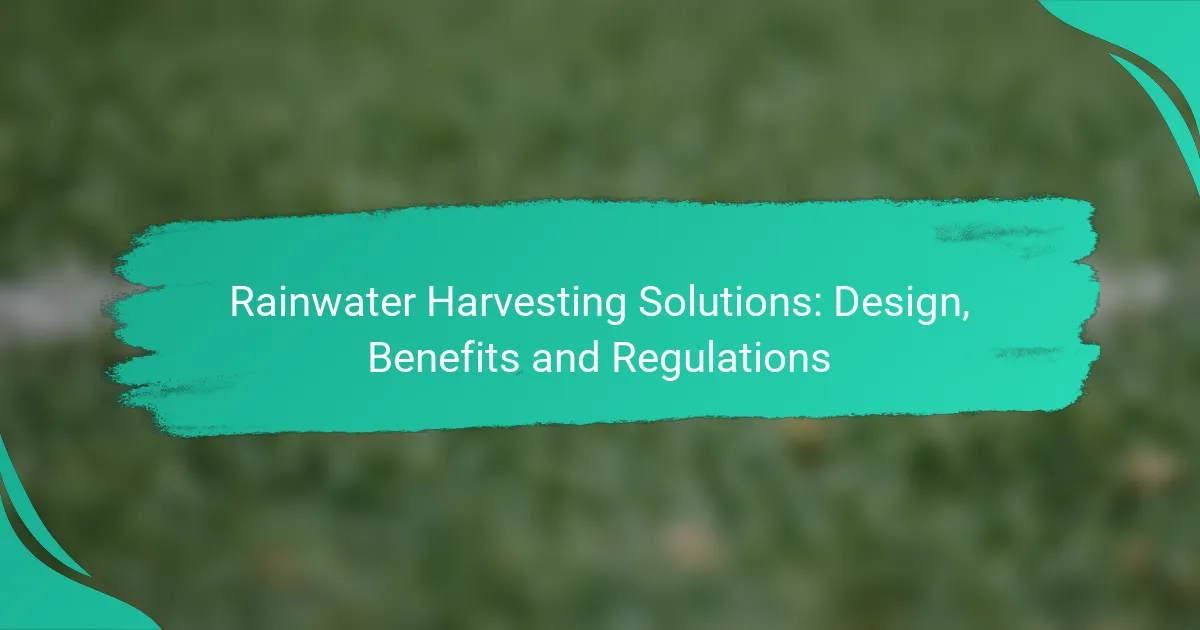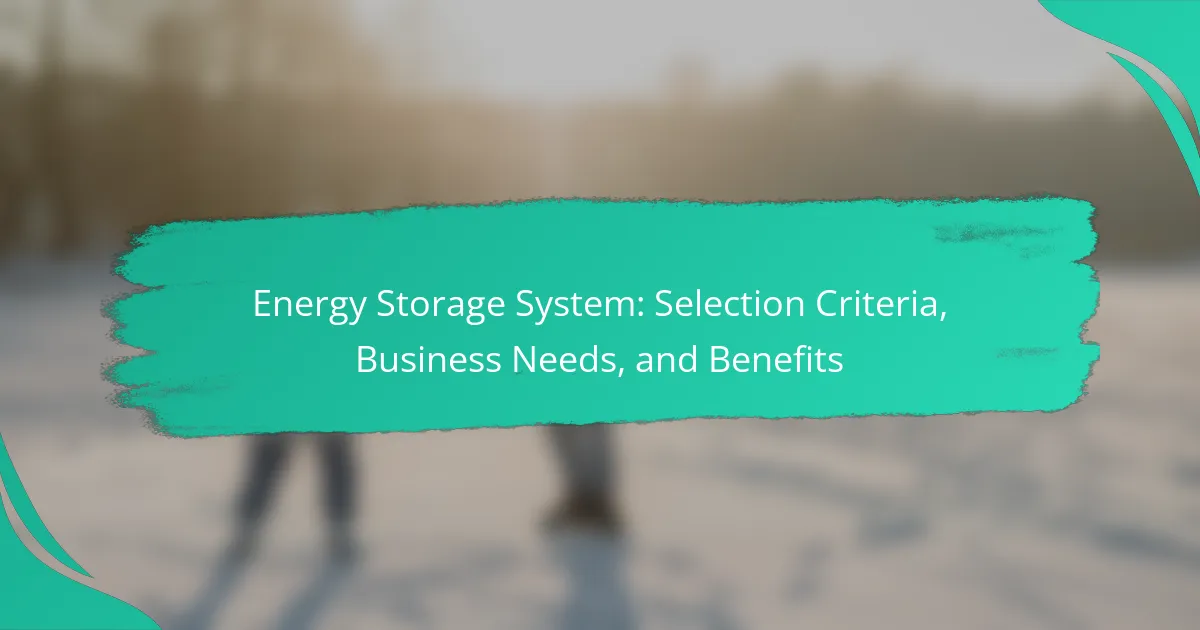The cost-effectiveness of renewable energy projects is crucial for maximizing returns on investment while minimizing expenses. … Cost-Effectiveness of Renewable Energy Projects: ROI, Funding and SustainabilityRead more
Author: Elio Vargas
Water-Saving Fixtures: Types, Benefits and Compliance
Water-saving fixtures are essential tools for reducing water consumption while maintaining high performance in both residential … Water-Saving Fixtures: Types, Benefits and ComplianceRead more
Sustainable Water Management Solutions: Community Engagement, Infrastructure Development and Cost-Effectiveness
Sustainable water management solutions aim to optimize the use and conservation of water resources while actively … Sustainable Water Management Solutions: Community Engagement, Infrastructure Development and Cost-EffectivenessRead more
Best Renewable Energy Source: Urban Needs, Availability and Cost
As urban areas strive for sustainability, the best renewable energy sources—such as solar, wind, geothermal, hydropower, … Best Renewable Energy Source: Urban Needs, Availability and CostRead more
Wind Energy Solutions: Scalability, Reliability and Cost
Wind energy solutions encompass a range of technologies, including offshore wind farms and onshore turbines, designed … Wind Energy Solutions: Scalability, Reliability and CostRead more
Energy Storage Solutions: Cost-Effectiveness, ROI, and Lifespan
Energy storage solutions play a crucial role in optimizing energy use and enhancing sustainability. With options … Energy Storage Solutions: Cost-Effectiveness, ROI, and LifespanRead more
Energy-Efficient Appliances: Performance, Cost Savings and Suitability
Energy-efficient appliances are designed to minimize energy consumption while delivering optimal performance, making them an excellent … Energy-Efficient Appliances: Performance, Cost Savings and SuitabilityRead more
Compliance Strategies: Standards, Certifications and Best Practices
In today’s digital landscape, effective compliance strategies are crucial for organizations to manage risks and ensure … Compliance Strategies: Standards, Certifications and Best PracticesRead more
Rainwater Harvesting Solutions: Design, Benefits and Regulations
Rainwater harvesting solutions provide effective methods for collecting, storing, and utilizing rainwater for various applications, from … Rainwater Harvesting Solutions: Design, Benefits and RegulationsRead more
Energy Storage System: Selection Criteria, Business Needs, and Benefits
Energy storage systems play a crucial role in modern energy management by providing cost savings, reliability, … Energy Storage System: Selection Criteria, Business Needs, and BenefitsRead more
